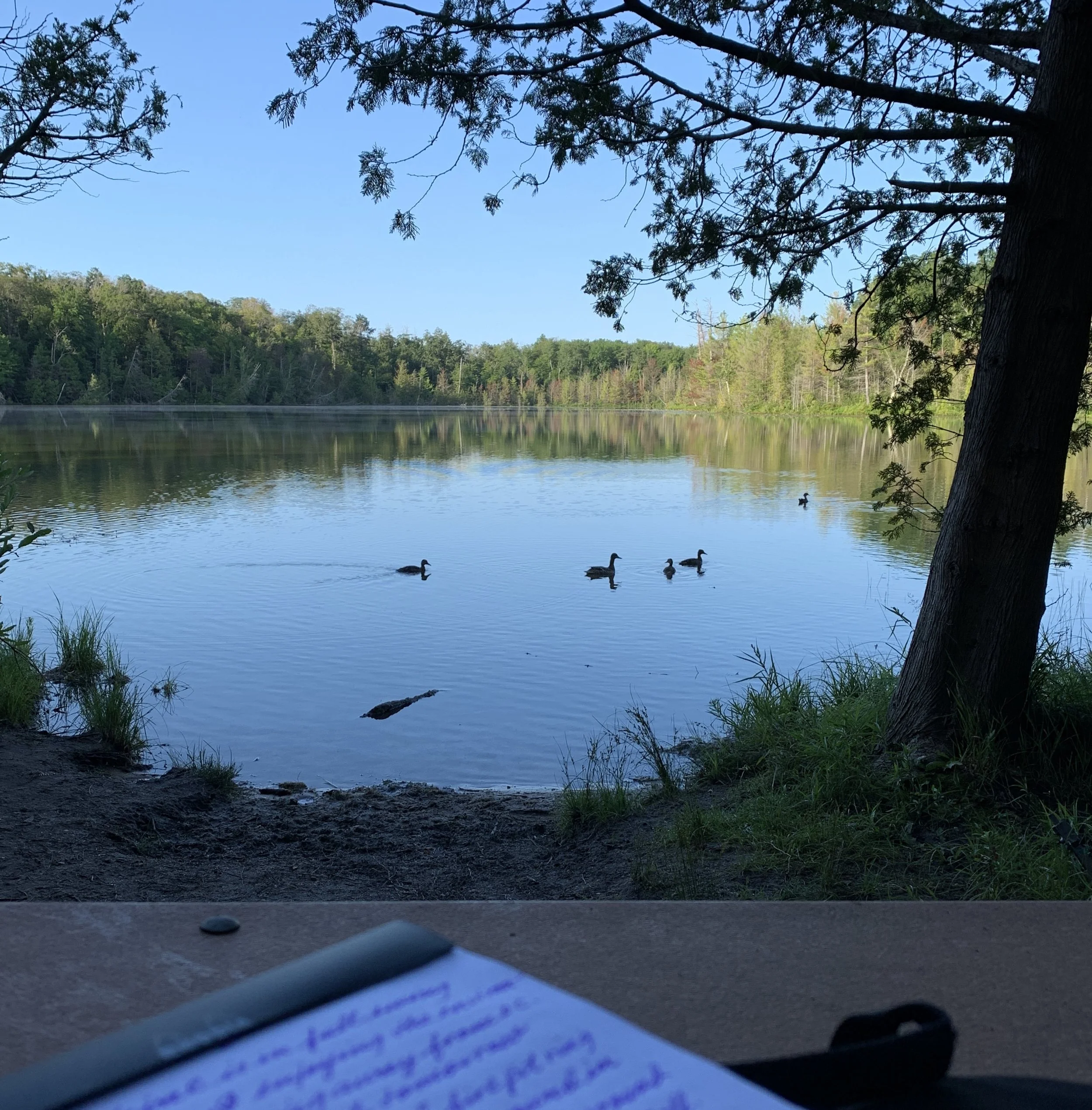More On Social Media Decay and “News” in the 21st Century
Social Media Decay
Recently I did a "vanity search" on Bing for the phrase "social media decay" combined with my initials "ddmcd." This is what Bing returned along with links to two of my website posts:
Dennis D. McDonald, a writer and consultant, has written about the decay of social media and how it has become a platform for pseudo-communication 1. He argues that social media platforms are now being used more for targeted one-way advertising and the spread of misinformation rather than authentic online sharing 1. McDonald has also expressed his concerns about the rise of propaganda and fake news on social media platforms 2.
While this Bing-generated summary somewhat oversimplifies my views on social media, I can't really argue with the main points it ascribes to me. I wonder if others have had a similar history with social media?
Using Bing
Also, what would you do if you find an outright error in such a synthesized summary? I have been for the most part pleased using the Edge browser which makes access to Bing a cinch and have several times used Bing's integrated DALL-E engine to generate images that illustrate recent website posts on various topics (such as the illustration at the top of this past).
Pundits & Conspiracy Theories
What got me thinking about these topics was Teri Kanefield’s October 29 post titled Can Democracy Work in America? Part III: An MSNBC / CNN Conspiracy Theory and the Perils of Legal Punditry. In that post Kanefield goes to great lengths to refute early and frequent accusations by “the left” (my quotes) that Merrick Garland was deliberately “slow-walking” Trump-related investigations, despite what cable media such as CNN and MSNBC were saying (or allowing their pundits to say). I stopped watching TV news long ago because of its slow pace of information delivery, its sensationalism, and its preponderance of commercials; especially annoying is MSNBC’s dependence on Balance of Nature fact free advertising for its revenue.
News Sources
Over time I have learned to seek out a wide variety of news sources online given that even legacy media such as The Washington Post have allowed straight news to be edged out by opinion, analysis, predictions, clickbait headlines, and assessments; see Where I get my news these days. I have concluded that if you want to make up your own mind about things you need to seek out many different sources. (I do draw the line, however, at subscribing to sources that promote racist, hate filled, anti-LGBTQ, or anti-Semitic commentaries.)
Online Anonymity’s Downside
Once concern I have about modern news and the spread of alternative facts and conspiracy threories is tolerance for online anonymity in public forums where opinions are exchanged. The use of pseudonyms when commenting online, even though there may exist situations where anonymity can be justified, can exacerbate the spread of lies, misinformation, conspiracy theories, and fake news. As I suggested in Some Folks Just Don't Want to Pull Back the Identity Curtain,
I usually take online comments more seriously when they are made by people willing to sign a real name instead of a pseudonym. I realize that people can fake real names and it’s expensive for publications to vet commenter identities. Still, I’ve never attempted to hide my identity when commenting online. I even occasionally include links to articles on my own web site if I think the link is relevant to the discussion…There are good reasons to remain anonymous when commenting in public online. There are situations where the real possibility of stalking or violence exists.
AI & Misinformation
One added concern I now have about how seriously to take online comments on public media is the possible role of AI in generating comments and responses. When I read an anonymous comment on a Washington Post news article or opinion piece, for example, I have no way of knowing if the commenter is sincere, a troll, a paid agent of a foreign power—or an AI-generated comment created and submitted automatically.
One response to a recent complaint I made about an anonymous comment on the Washington Post was, “The facts speak for themselves.” Well, no they don’t. Just as you have to seriously review any piece of text generated by an AI tool such as ChatGPT or GPT4 for contextual accuracy, you now have to take anonymous comments that are not vetted by the host medium’s publisher with a grain of salt.
Text copyright (c) 2023 by Dennis D. McDonald. The graphic at the top of this post was generated by Bing in response to the prompt, “create a sad and depressing image of how social media have deteriorated in the past decade due to the rise in fake news, misinformation, and propaganda..”































